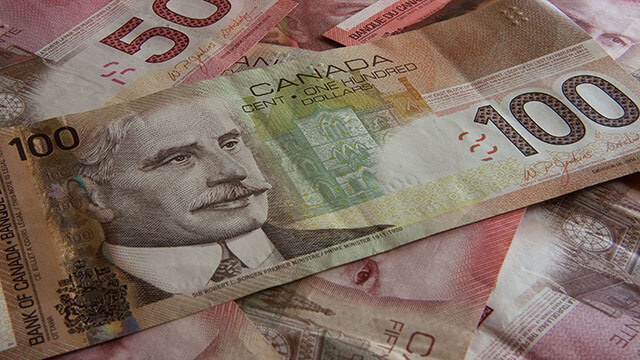The USD/CAD currency pair has retreated slightly to approximately 1.3820 following an impressive rally that took it to an 11-week high above 1.3850. This movement comes after an extended increase that began in late September, now showing signs of pause as traders await clearer signals regarding future monetary policy from the Bank of Canada (BoC) and the Federal Reserve (Fed).
On Wednesday, the BoC announced a 50 basis point cut in its key borrowing rate, reducing it to 3.75%. This reduction marks the fourth consecutive cut this year, with a total decrease of 125 basis points. Such measures have been taken in response to concerns regarding persistent disinflation, driven by sluggish economic growth.
Looking ahead, the performance of the Canadian Dollar will be closely linked to upcoming retail sales data for August set to be released on Friday. Expectations suggest a modest growth of 0.5%, which is a slowdown compared to the 0.9% increase observed in July.
In the United States, the Dollar remains strong, buoyed by favorable reports on Nonfarm Payrolls, Services PMI, and Retail Sales, which have shifted investor sentiment towards an expectation of gradual policy easing by the Fed. This backdrop has fostered strong buying interest for the USD/CAD pair, particularly after breaking above the September 19 threshold of around 1.3650.
The overall outlook for USD/CAD appears robust, supported by upward trends seen in the 20- and 50-day Exponential Moving Averages, currently positioned around 1.3725 and 1.36665, respectively. The Relative Strength Index also indicates a strong momentum, suggesting potential for gains towards notable resistance levels, including the psychological barrier at 1.3900 and this year’s high of 1.3945.
Conversely, should the pair slide below the September 19 high of approximately 1.3650, it may face additional pressure, potentially targeting the May 16 low near 1.3600 and the September 30 high of 1.3538.
